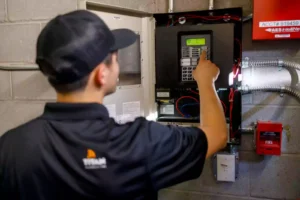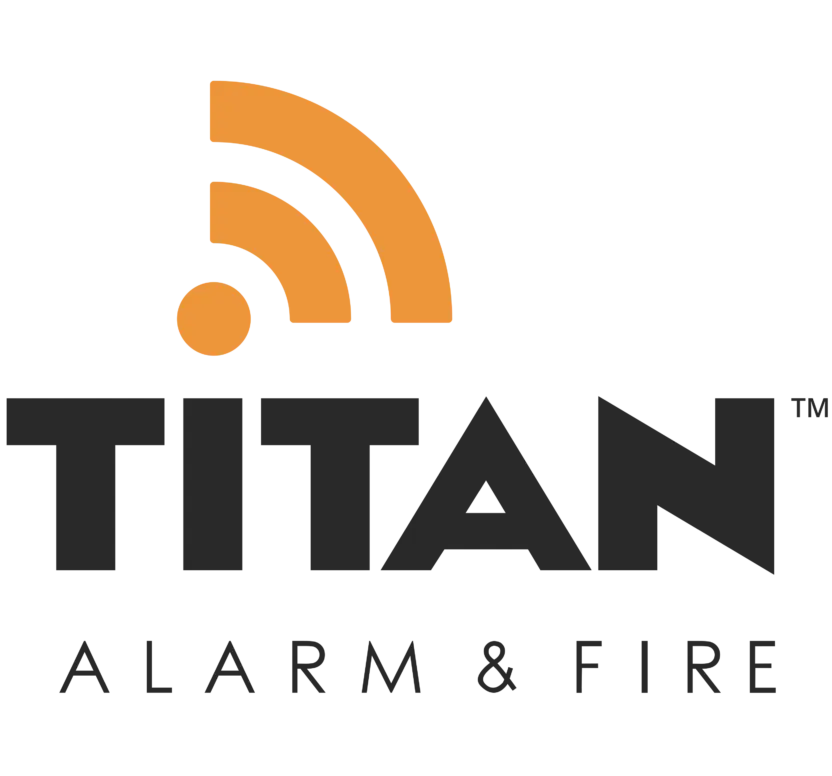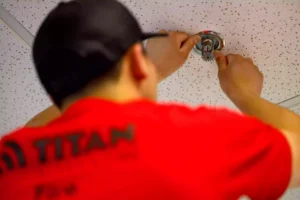
Understanding NFPA Fire Alarm Codes and Standards
When it comes to protecting lives and property, there’s no room for guesswork. That’s why NFPA fire alarm codes & standards exist, to make sure systems are designed, installed, and maintained correctly across the board. Whether you’re a business owner, facility manager, or put in charge of the fire alarm


